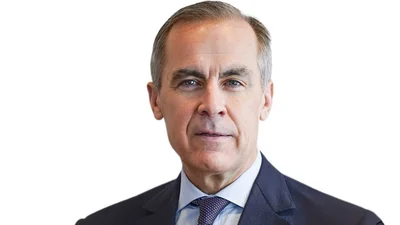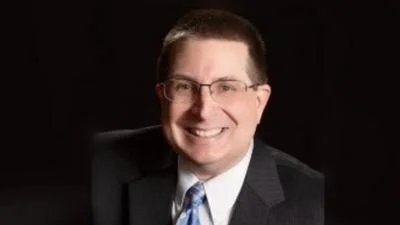Dean Rieck, Executive Director at Buckeye Firearms Association | LinkedIn
Dean Rieck, Executive Director at Buckeye Firearms Association | LinkedIn
Former U.S. Representative and Democratic presidential candidate Tulsi Gabbard (D-Hawaii) has been placed on the U.S. Transportation Safety Administration's (TSA) Quiet Skies list, raising concerns among gun owners nationwide. The revelation came to light through whistleblowers worried about potential political retribution for Gabbard's outspoken criticism of the Biden-Harris administration.
Gabbard's placement on the watchlist followed her public comments on Fox News, where she criticized Vice President Kamala Harris as a weak candidate. During an interview with Laura Ingraham, Gabbard described her inclusion on the list as "a pure act of political retaliation." She stated, "The very next day, after my conversation with you on the air, warning the American people about how dangerous a Kamala Harris presidency could be, I was placed on this domestic terror watch list."
Since being added to the list on July 23, Gabbard and her family have faced prolonged security screenings at airports and multiple federal air marshals on their flights. She expressed concerns about constant surveillance and potential government monitoring of her communications.
The incident has drawn parallels to previous instances where government watchlists were allegedly misused against political opponents and Second Amendment supporters. For example, in 2022, California officials leaked personal information of concealed-carry permit holders. Additionally, the U.S. Treasury’s Financial Crimes Enforcement Network (FinCEN) admitted to collecting credit card purchase histories related to firearms without warrants.
Gun control remains a contentious issue in American politics. Vice President Kamala Harris and Minnesota Governor Tim Walz have prioritized implementing universal background checks if elected to office. However, such measures would require a national gun registry, which is prohibited by existing laws like the 1986 Gun Control Act and the Brady Act of 1993.
Gabbard's case underscores ongoing concerns about government watchlists' potential for abuse and errors. Even prominent figures like the late Massachusetts Senator Edward Kennedy were mistakenly added to these lists in the past.
This situation highlights broader issues regarding government surveillance and its impact on constitutional rights.
Republished with permission from NSSF.
___






 Alerts Sign-up
Alerts Sign-up